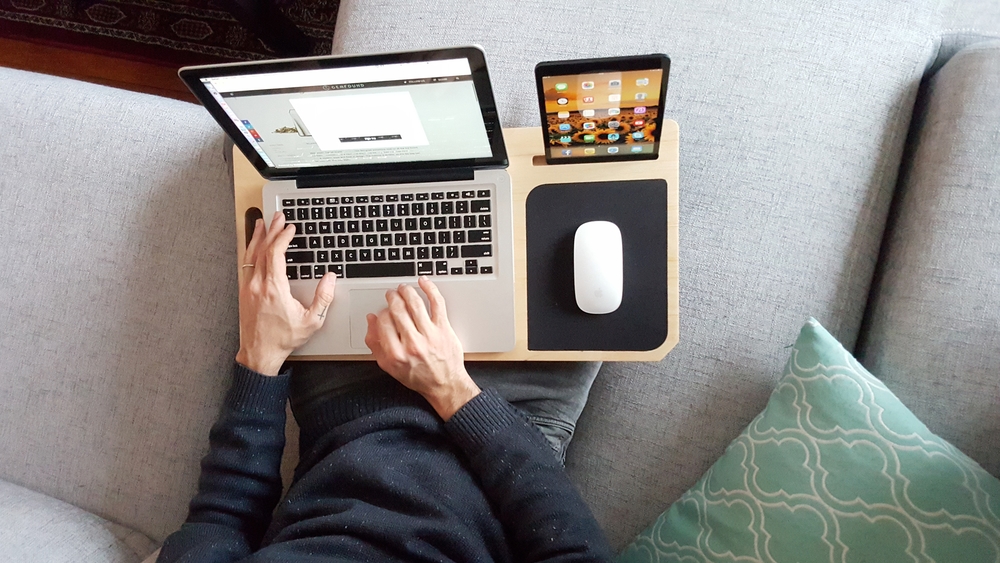Six Super Tips For Eye Care
Computer work, smartphones and the sun all take their toll on your eyes. Here’s how to minimise the damage and keep them in tip-top shape.
While visiting the dentist might be the stuff of nightmares as a child, the optometrist often claims this honour as we get older. As you age your eyes naturally deteriorate, heralding the inevitable “you need stronger lenses” becomes something to dread – a sign that old age is, in fact, creeping up on you.
But, by taking good care of your eyes you can delay these effects – and even halt damage in its tracks. Here’s how, says Marnus Raath, an optometrist from Stellenbosch:
- Get regular eye tests – every two years, or every year if you already wear lenses or suspect problems. Children also need regular eye exams to detect vision problems that may interfere with learning.
- Move your desk. Computer eye strain is often caused by excessively bright light from outdoor sunlight, or from harsh interior lighting. When you use a computer, the ambient lighting should be about half as bright as that of the typical office. Eliminate exterior light by closing blinds and reduce interior lighting by using fewer bulbs or those of a lower intensity. If possible, position your computer screen so that the windows are to the side, instead of in front or behind it.
- Blink often when using your smartphone to keep your eyes moist and reduce dryness and irritation. We tend to blink about a third less than we normally would when staring at smartphone screens, starving the eyes of protective tears. Keep your eyes wet by blinking about ten times every 20 minutes or so. On top of that, blinking often helps to refocus your eyes too.
- Wear sunglasses. Every day. The sun does a lot of damage to your eyes, just like it does to your skin. Wearing sunglasses helps prevent eye problems like cataracts, macular degeneration and skin cancer around the eyes. Make sure your sunnies have a minimum of 400NM UV protection.
- Eat a balanced diet. This is one of the best things you can do for your eyes. Include lots of fruits and vegetables, and avoid saturated fats and sugar as much as possible. Make sure you’re getting enough zinc and selenium, too, which protect the retina – the light-sensitive part in the back of the eye. You also need some fatty acids from fish to ensure adequate moisture in your eyes.
- Don’t rely on drops for redness. These might turn your eyes white and bright almost instantly, but the more you use them, the more you’ll need them
Source: subaru.co.za
“Six super tips for eye care”


